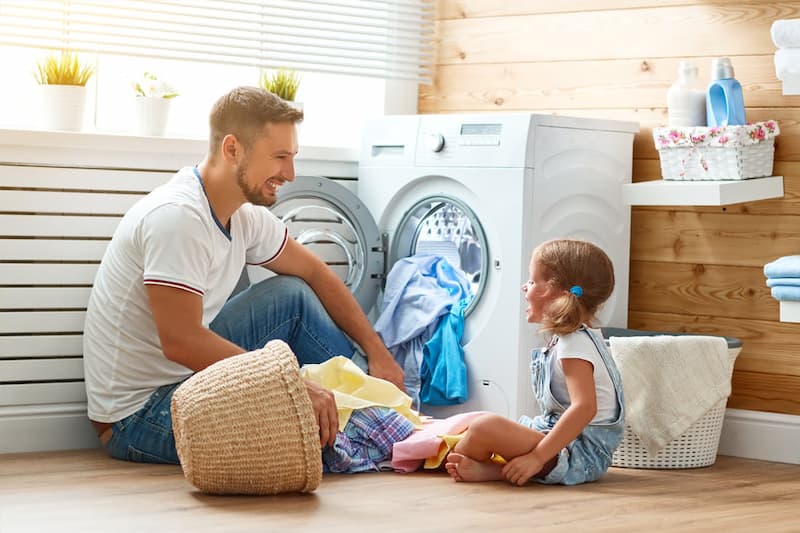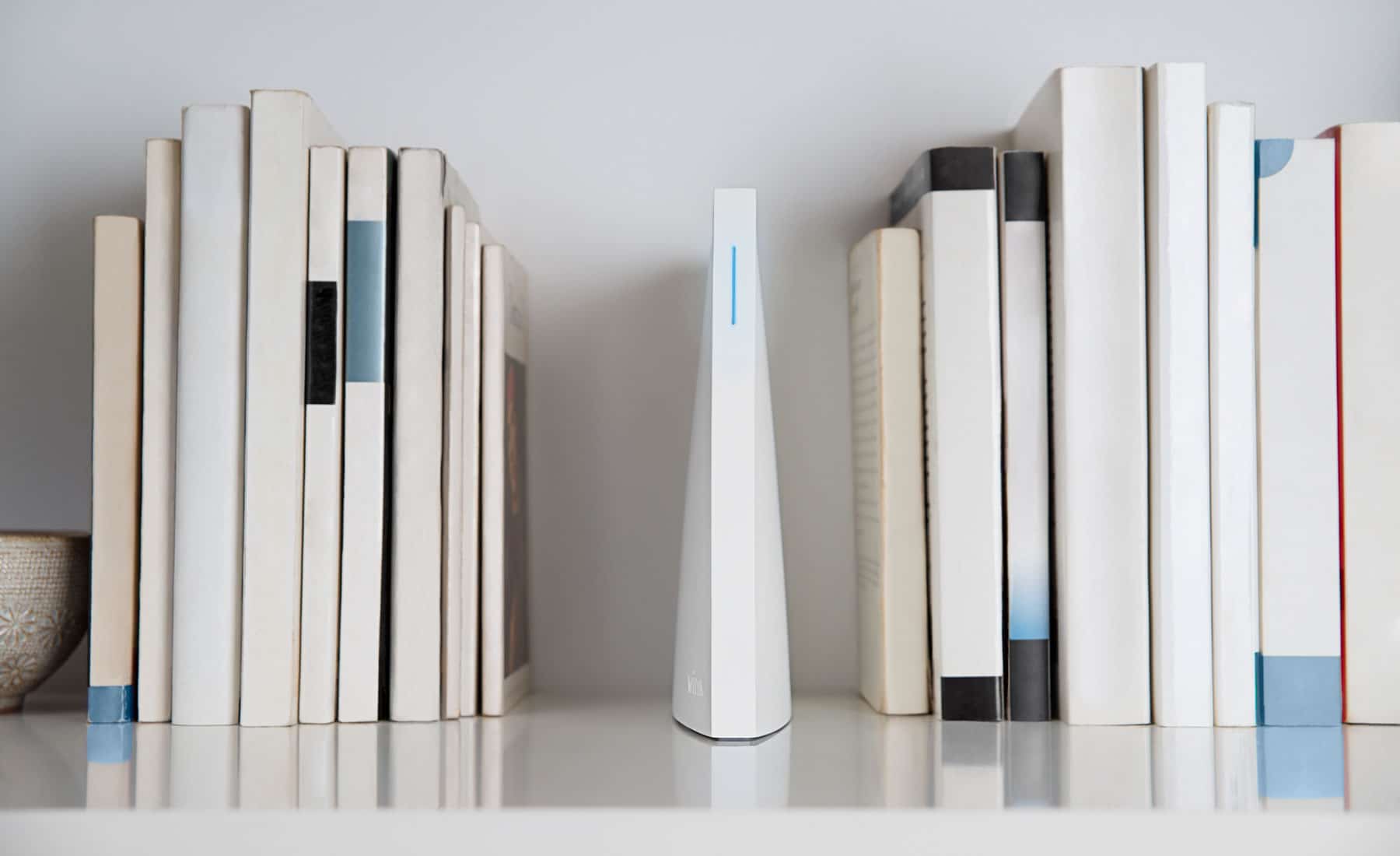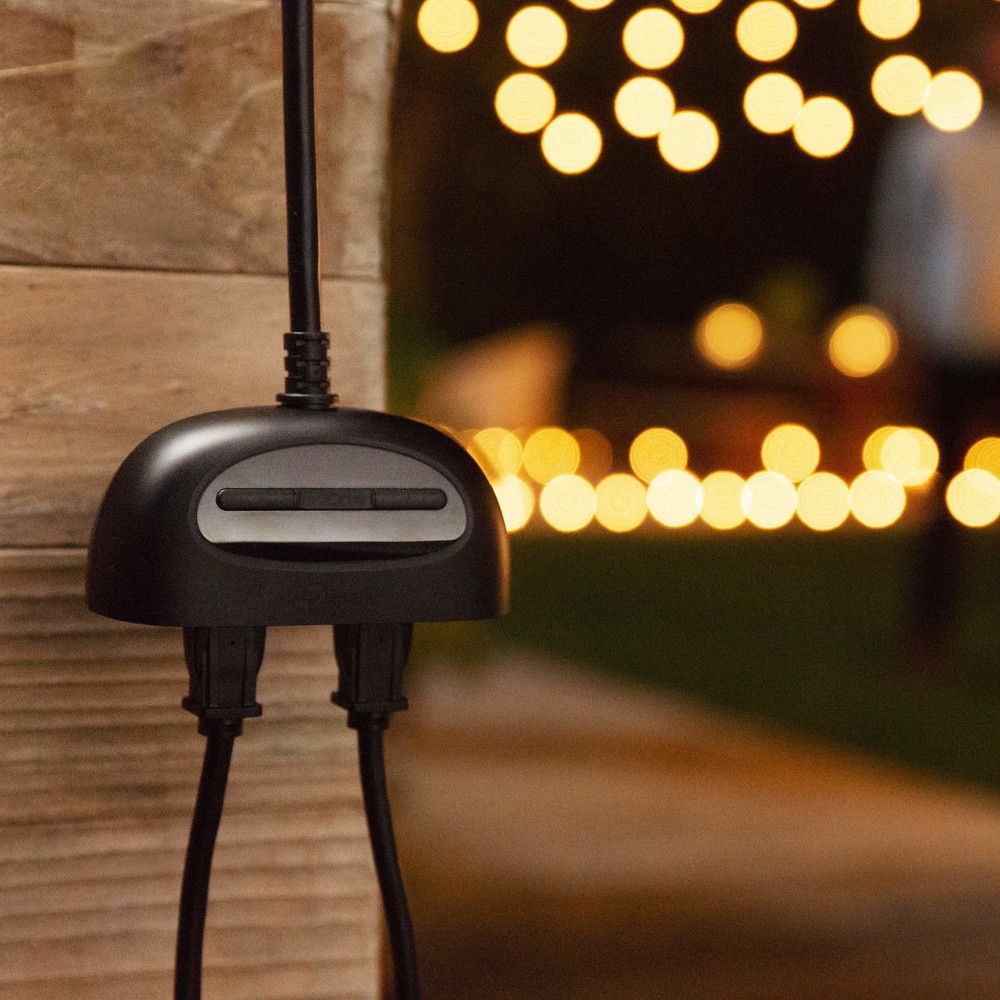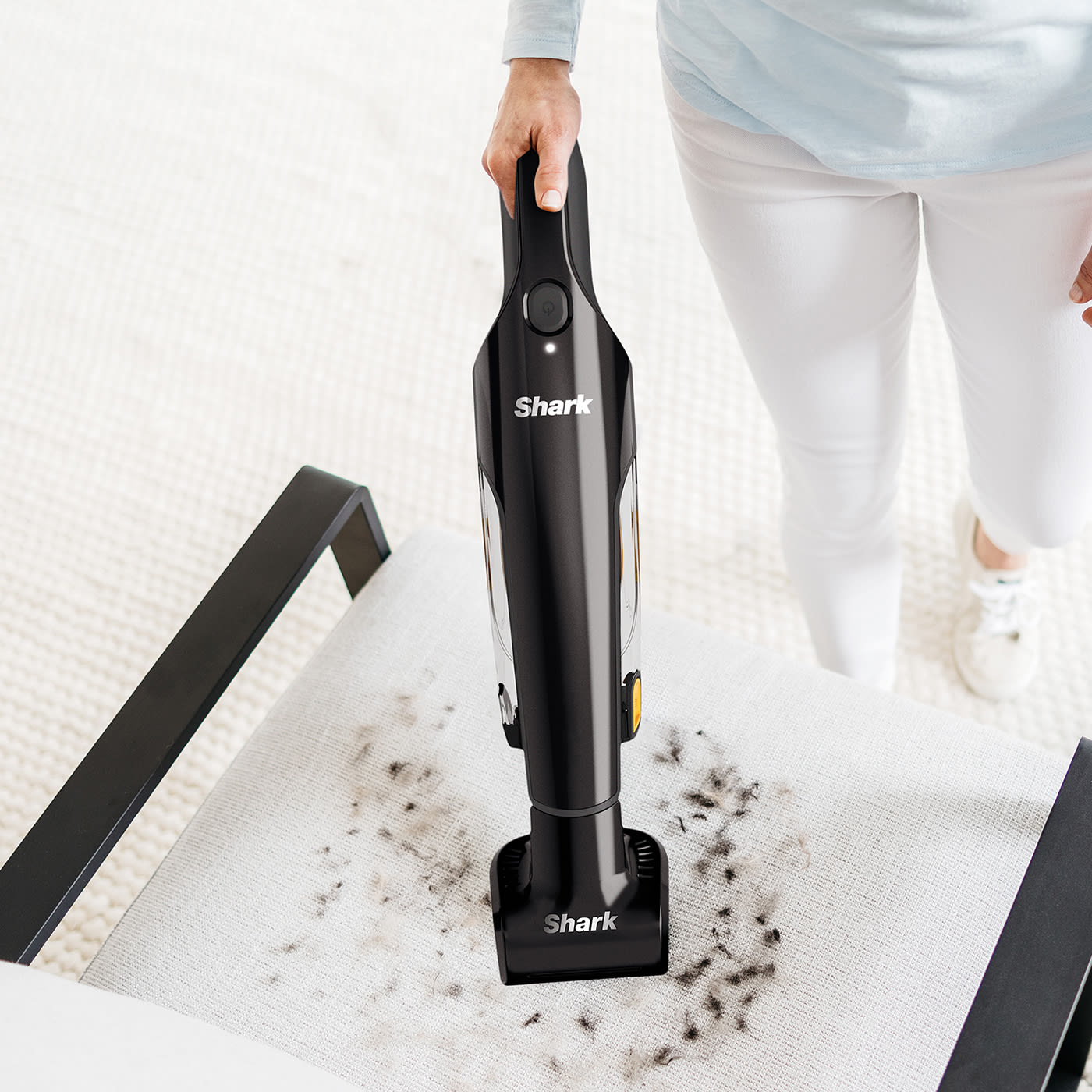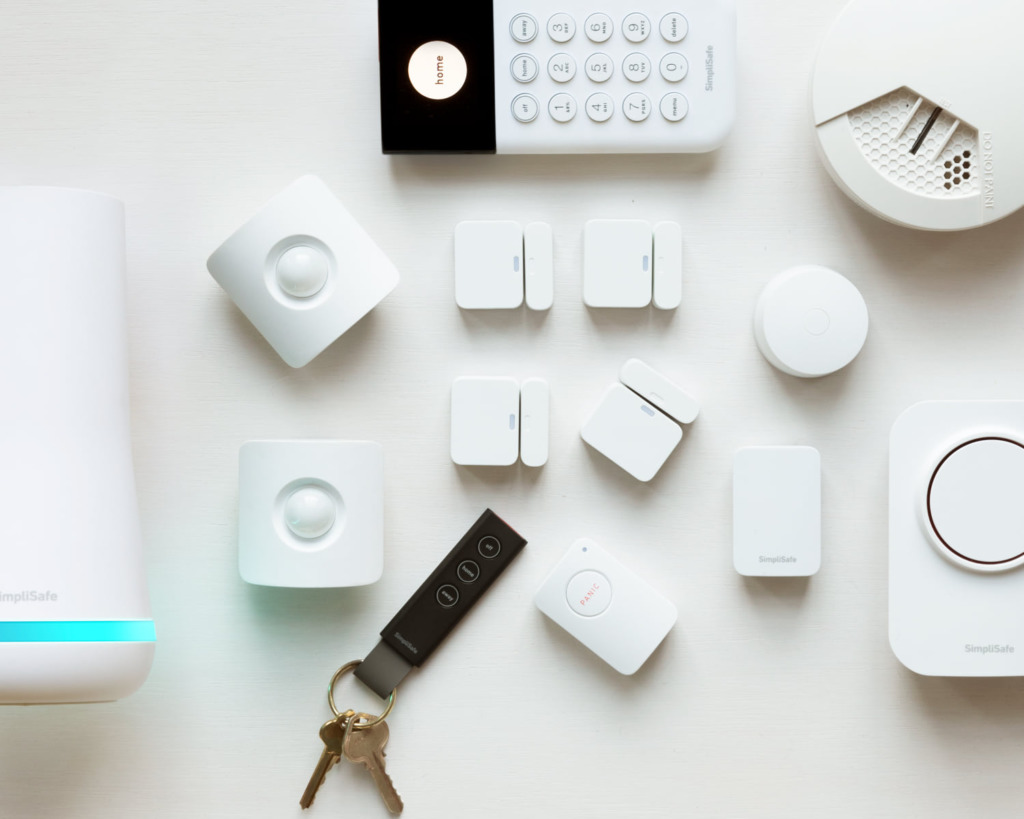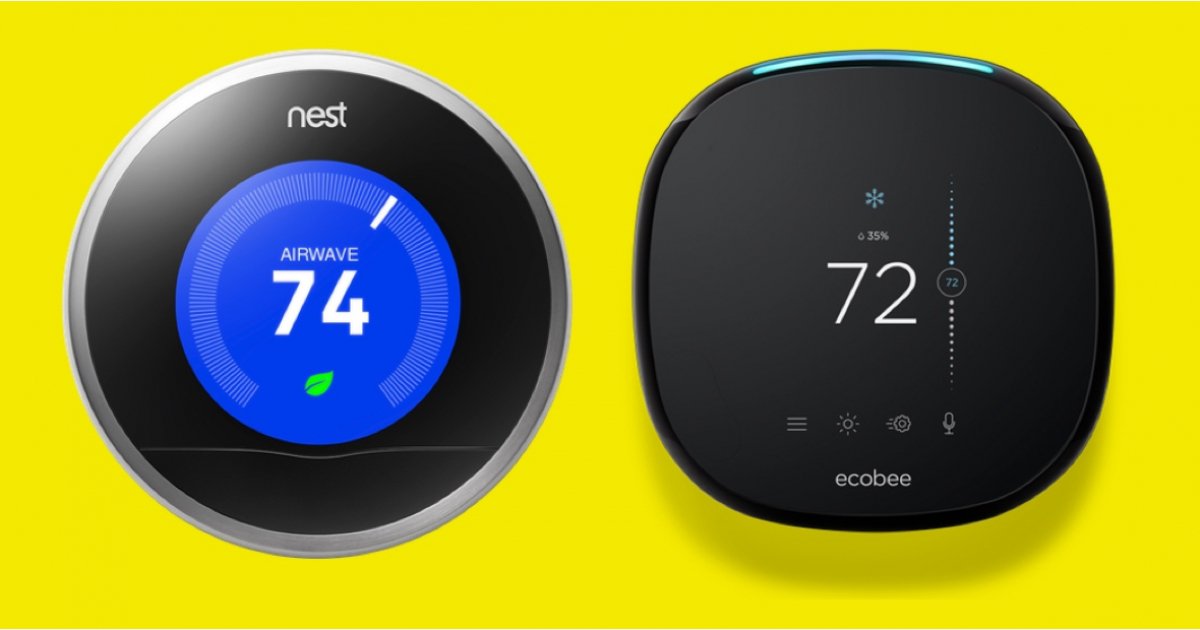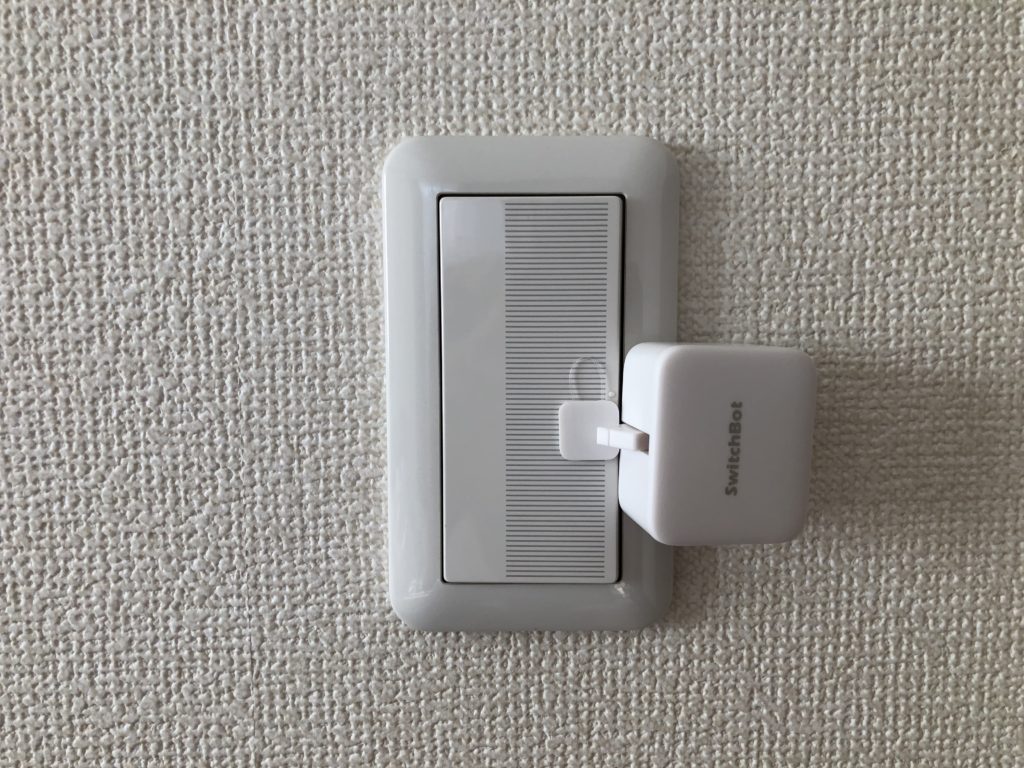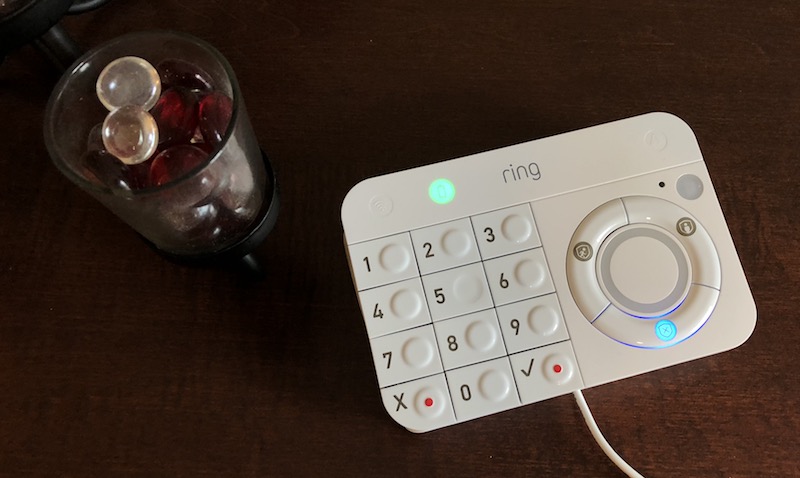Hot showers are one of the most beautiful experiences we can find at home, and depending on the day, all over the world. Unfortunately, our water heater is not a magical device that provides unlimited hot water. They take the time to turn water that’s too cold to take a shower into something nice and steaming that we all love. However, not all water heaters are created equal, so it’s important to know how long you’ll have to wait when your water heater runs out. So, once the water heater arrives at the facility, how long does it take to heat the water? Different types of water heaters take different amounts of time to heat. Let’s take a look at how long it takes different types of water heaters to heat up.
Table of Contents
How Long Does It Take An Electric Hot Water Heater To Heat Up?
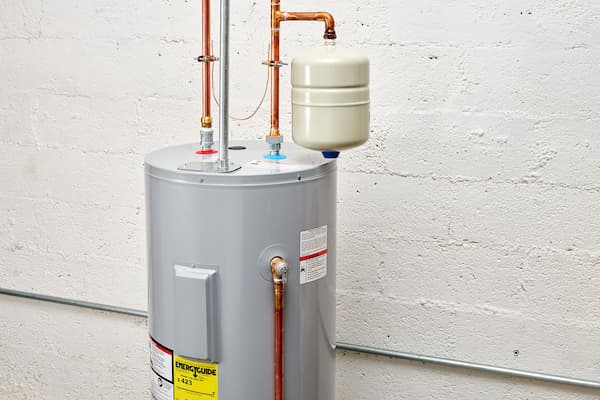
An electric tank water heater takes 60-80 minutes compared to the 30 minutes that a gas tank heater takes to heat water.
Compared to a gas heater, a typical electric heater takes about twice as long to fully heat the water in the tank, so you can expect it to take an hour to an hour to 20 minutes to heat up. Electrical components, while generally more economical, cannot compete with the high performance of gas systems. From the new water, the electric heater takes about an hour to heat the 40-gallon tank.
That’s why households with a high demand for water often decide to buy a full-house gas tank water heater rather than an electric one. The electric model is ideal for small homes and small water needs.
How Long Does It Take A Tankless Gas Heater To Warm Up?
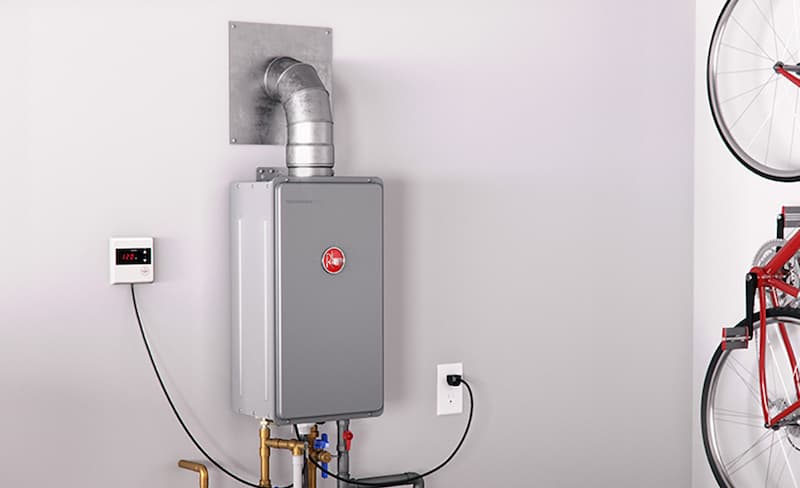
Tankless gas heaters heat water instantly, so it only takes a few seconds for hot water to be piped into fixtures.
Tankless water heaters heat your water “on-demand,” so the distance from your water heater to the device in use is the only consideration that determines how long it takes to receive hot water from the faucet.
If the system is working properly, this should not take more than a few seconds for a normal-sized home. For a large house, it may take a few seconds to cross the water pipe to get farther away from the water heater.
How Long Does It Take For A Gas Water Heater To Heat Up?
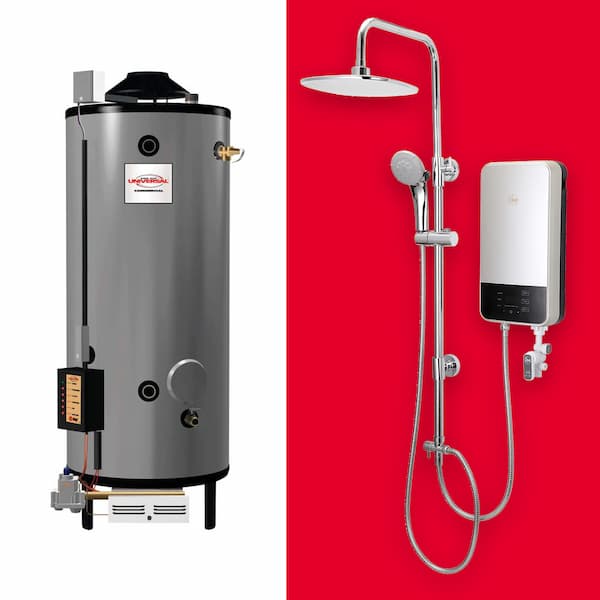
Gas heaters typically take 30 to 40 minutes to fully heat the water in the tank.
Once the water enters the gas tank, the gas tank heater typically takes 30 to 40 minutes to heat up. Initial heating occurs when fresh water supplied from the mains is injected into the tank.
The next major factor is the BTU (or British Thermal Unit) rating of the heater. Simply put, BTU is the amount of heat it takes to heat a pound of water to one degree Fahrenheit. Heaters with more BTU can heat water faster.
For example, the average water heater tank has a capacity of 40 gallons. There are about 8.3 pounds of water per gallon, so our sample tank has about 330 pounds of water to heat.
If you want an efficient water heater that heats your water for as long as you want (after the hot water runs out) and stores lots of hot water, these are the specifications you need to keep in mind.
Also, keep in mind that this is how long it takes to heat fresh cold water in the tank. When you turn on hot water for the first time after your tank has already stored it, you should have hot water within a few minutes because the tank stores preheated water.
When the tank runs out of hot water, consider how long it will take to heat the new water. At this point, the gas tank water heater will have to start heating the new water again from the temperature of the incoming groundwater.
How Long Does It Take A Tankless Electric Heater To Warm Up?
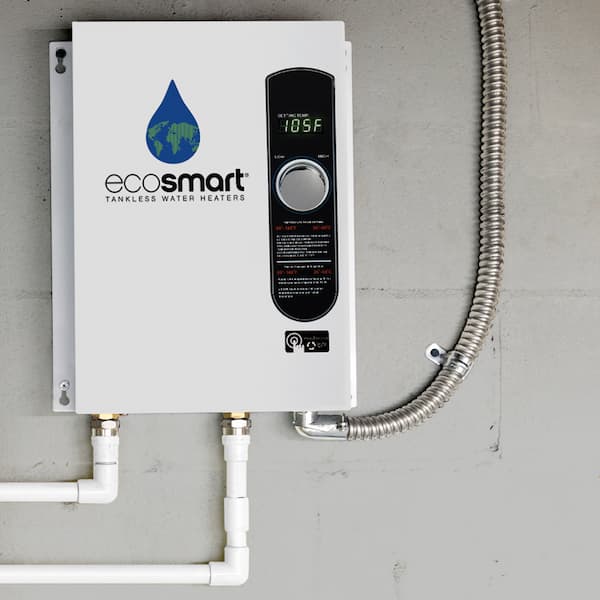
Tankless electric heaters heat water instantly, so it only takes a few seconds for hot water to be piped into fixtures.
Like tankless gas water heaters, tankless electric water heaters only heat up when the equipment needs them. In other words, the water is not heated until you turn on the dishwasher or tap.
In most cases, tankless electric heaters can provide hot water in an instant, but due to the heat of gas, they may take slightly longer than gas systems.
No matter what type of water heater you have installed in your home, it is important to maintain the top shape of your water heater through constant maintenance and maintenance.
What Can Affect Heat Up Time
In addition to the factors we have discussed, such as tank size and BTU rating, there are other circumstances that may determine how long it takes for your water heater to warm up for the first time.
Setup
While water heaters may seem relatively simple compared to other household machinery, they tend to have more features. If your heater is not working, a professional may be required to review any Settings or corrections that may negatively affect its performance
The recovery rate
The water heater’s recovery rate is the number of gallons of hot water that the water heater can produce per hour during use. It tells you how quickly the water heater can restore (i.e., refill) cold water and heat it up.
Units with high recovery rates will provide hot water more quickly because the heating time is shorter. So even if you use a lot of hot water at the same time, a water heater with a high recovery rate can quickly heat the incoming cold water.
Inlet water temperature
For tankless and cistern water heaters, the initial temperature of the water will help determine the heating time. Since the water tank heater stores water and keeps it warm, the incoming temperature will not have much effect on it. However, the tankless heater will supply water on demand before the water flows out of the tap. This means that if the groundwater temperature is very low, the water may not become hot soon. Both types of heaters are affected by the extremely cold ambient temperature of their room or area.
The power supply
The water heater’s power source (gas or electric) has a lot to do with how long it takes to heat the water. Electric water heaters are known to heat water longer. This is because electric heating elements are less efficient than gas burners.
You might have to wait about 30 minutes for a regular gas water heater to heat all the water in the tank, but twice as long for an electric water heater.
Distance from equipment
Sometimes it’s easy for end-users to forget, but the hot water passes from the ground through heaters and pipes in your home before it reaches the equipment you’re using. The farther away your device is from the heater, the longer it will take for the hot water to arrive. Savvy installers should take this into account when setting up their systems, so it shouldn’t be too much of a problem.
Aging/Maintenance Issues
Just like any other mechanical device, the aging and condition of a heater can ultimately affect its performance, including the time it takes to heat up. Lack of general maintenance, particularly failure to clean sediment from pipes, can also lead to performance issues. In areas with hard water, the likelihood of pipeline sediment is greater.
How Long Does Water Stay Hot in the Tank?
One tank holds about 40 gallons of hot water. This is enough to provide enough hot water for the daily needs of the average household.
The heater may run out of hot water because the tank no longer holds hot water. But if you have an electric or propane unit, this will take about half an hour.
Should I Turn My Water Heater Off at Night?
It depends on your water heater.
If it’s an electric water heater, the answer is no. Electric water heaters work best when they are always on. They are designed to maintain a set temperature and to open and close periodically to maintain that temperature.
If it’s a gas or propane water heater, the answer is yes. You should turn them off at night, as they function best when you let them cool between hot water cycles.
Conclusion
Different water heaters take different times to release hot water. In addition to the type of water heater, the wait time depends on a variety of external factors, which we have listed appropriately to give you an understanding of the different times it takes for different water heaters to release hot water.


